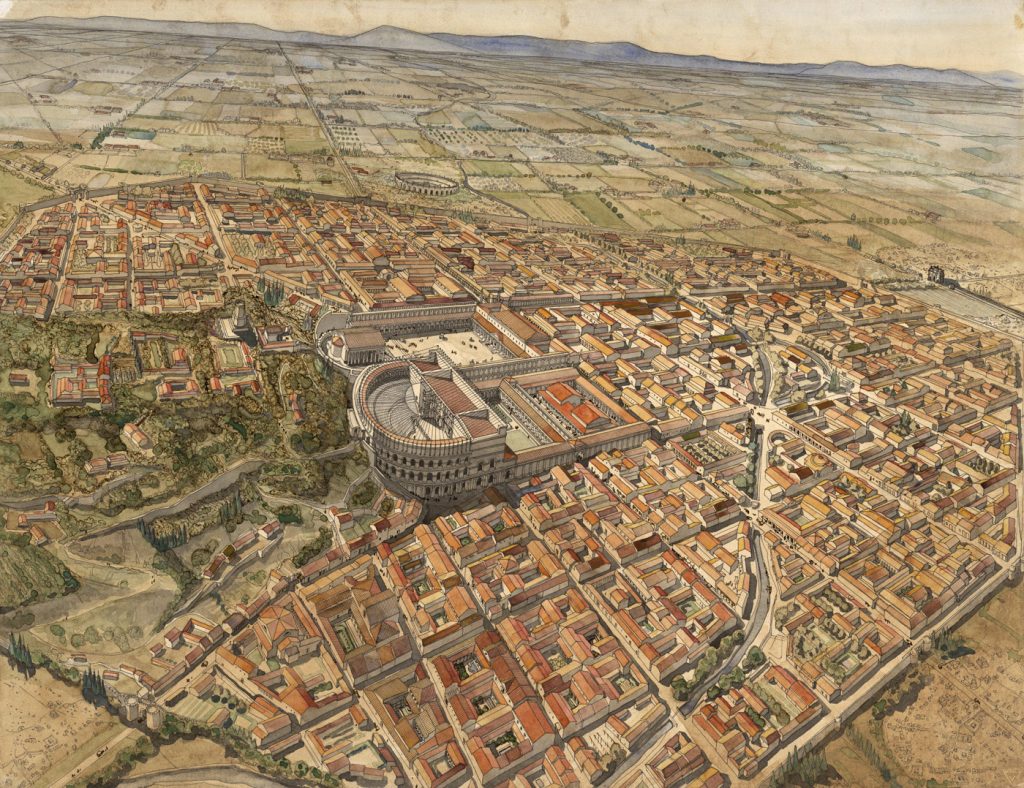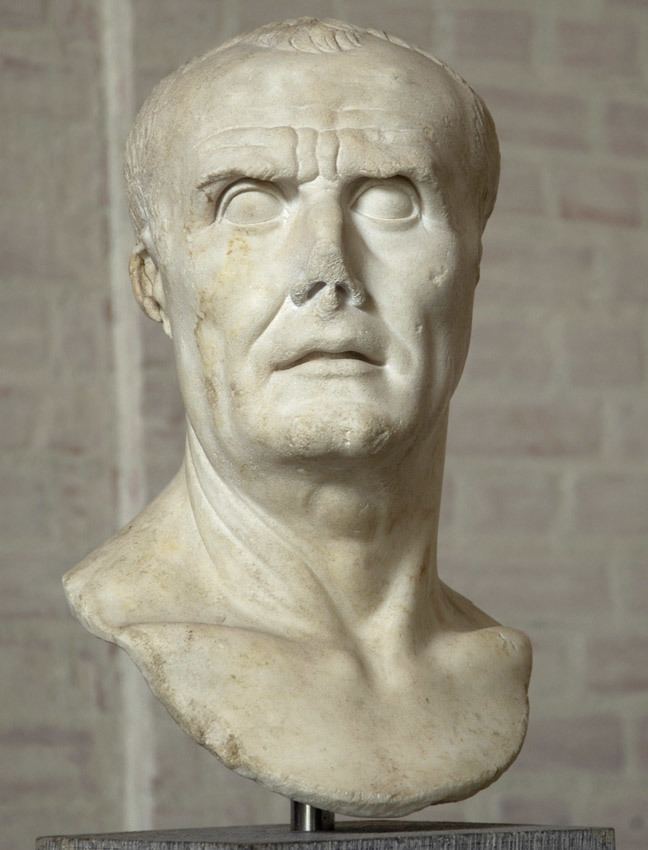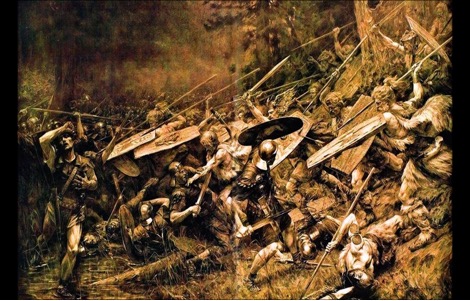By Richardson Akande, Contributing Writer, Classical Wisdom
The History of the Roman Empire is embedded with war conquests by mighty generals who were exceptional in the art of war. From the beginning of the Republic around 509 BCE to the peak around 117 CE, to the fall of Rome and the adoption of Constantinople as the new capital in 330 CE, war was an integral part of the Empire. Many of its generals were considered the best swordsmen that ever led the red legions.
However, not all generals were in the class of finest warriors in the Empire. In fact, many won reputations as horrible generals, but one man stands out as arguably the worst the Empire produced and he still stands as one of the most corrupt officers in the history of the Empire.
Quintus Servilius Caepio the Elder was a General and a Roman statesman. He was born in Rome to a noble family; he was the grandfather of Servilia and the father of Quintus Servilius Caepio the Younger.
Caepio promulgated a Controversial law

An orator addressing the Roman People
He was consul in 106 BCE and during this time he enacted a controversial law. He was able to do so with the assistance of Lucius Licinius Crassus, a wonderful orator who convinced his fellow Romans with his linguistic skills. The law mandated the jurymen to be chosen among Senators, canceling the old order where jurymen were from the Equites, which were the property-based classes of ancient Rome, ranking below the senatorial class. Fortunately, the controversial law was suspended around 104 to 101 BCE, by Gaius Servilius Glaucia, who was a wonderful Roman and returned normalcy to the system.
Plundering of the Cursed gold of Tolosa
Apart from the law, controversies were a Siamese sibling of Quintus Servilius Caepio. Several occurred while he was on his way to Arausio (modern day France) with his legions in order to fight the Cimbri, a Germanic tribe of brave warriors.

Gaul – Arausio, by Jean Claude Golvin
First, Caepio decided to plunder the sacred temples of Tolosa, which is in the city of Toulouse. The myth at the time told of a semi-legendary sacred treasure, the famous aurum Tolosanum, which was assumed to be cursed gold taken from the Balkans during the time of the Gallic invasion.
It is on record that Caepio, in all his wisdom, stole 50,000 fifteen-pound gold bars and no less than 10,000 fifteen-pound silver bars.

Boums Lake located in Haute-Garonne, one of the places suspected to house the cursed gold
The wealth of Tolosa was supposed to be shipped to Rome, but the General had a better idea: only the silver made the journey. The gold was stolen by a band of marauders, who were believed to have been hired by Caepio himself.
Then, while still on his way to the battle of Arausio, Caepio refused to share camp with General Gnaeus Mallius Maximus, a member of Novus homo, or ‘new man’ – a class that didn’t belong to the Roman elite.
Caepio, however, was born into a family of elite Romans and therefore felt Maximus was inferior to him.
Despite Caepio’ feelings, Maximus was a smart officer who knew when to strike his enemies dead or embark on negotiations. With the Cimbri, Maximus decided on the latter.

General Gnaeus Mallius Maximus’ Image
When Caepio learned that Maximus was at an advanced stage of negotiations and truce was about to be agreed upon, he moved his legions on the Germanic camp – feeling that no doubt his ‘inferior’ was going about it all wrong and that attack was better than truce. It was a terrible military decision.
He attacked the Cimbri forces on 6th of October, 105 BCE, and the Cimbri army brutally destroyed legions of Caepio’s army. With this decisive victory, the Germanic army felt confident enough to march on Maximus’ camp. Although Maximus tried to ready his soldiers, it was not enough to repeal the fierce Cimbri army.
The outcome was a devastating experience and the casualties were staggering, over 80,000 infantry lost their lives as well as more than 40,000 auxiliaries and calvary. The figures dwarf the tragic defeat at Cannae. Indeed, the Battle of Arausio ranks among one of the worse defeats that early Roman Empire suffered.

The battlefield where over 120,000 Roman soldiers were killed
Caepio managed to escape unharmed, but on getting to Rome, he was tried for the excessive losses of his troops by the Tribune of the Plebs. His old accomplice Lucius Licinius Crassus defended him with his oratory skills, but in the end Caepio was handed the worse punishment in the empire…
He was stripped of Roman citizenship, denied fire and water within 800 miles of Rome, and was barred from speaking to his family and friends until exile. Finally, he was fined a whopping 15,000 talents of gold, more than the value missing under his watch.
He somehow managed not to pay the fine, and instead lived the rest of his life in exile at Smyrna, located in Asia minor, living in affluence and enjoying the loot from the missing gold of Tolosa. He even passed the wealth to his children…
Caepio might not have been a good General, he didn’t add any new territories to the Roman Empire, but he managed to write his name in history as an amazing thief.









No comments
Trackbacks
Our apologies, you must be logged in to post a comment.